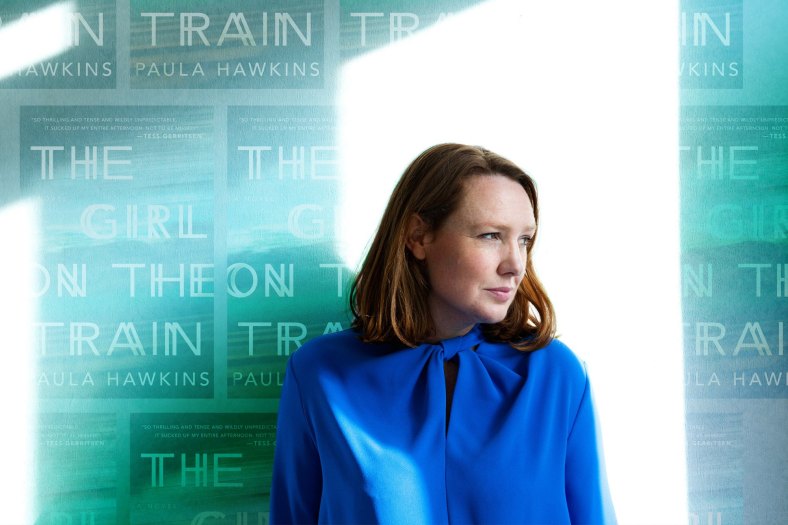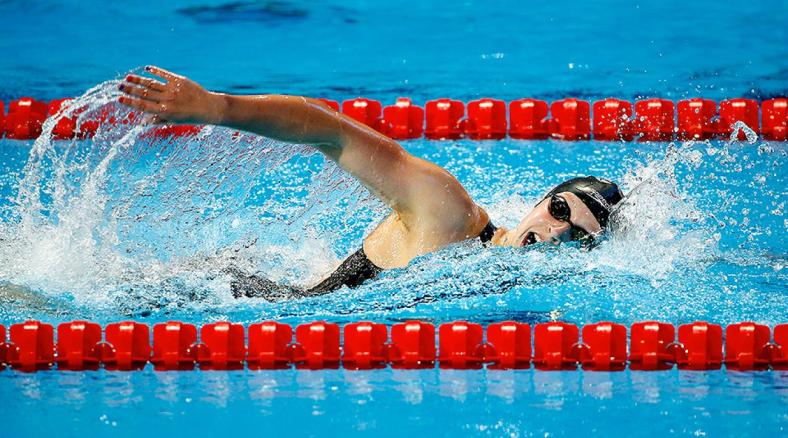Academia was in the headlines this week@work with the Tuesday announcement from the National Labor Relations Board, voting 3-1 to overturn a 2004 ruling allowing graduate students to form collective bargaining units. A Pew Research Center survey detected a shift in election season conversation from the economy (2012) to keeping the U.S. safe from terrorism. What conversation? The system isn’t working, and it may be we don’t have leaders who view their ‘calling’ as a ‘vocation’. And finally, a career transition story – from investment banker to ‘lobsterpreneur’ for this last week of summer.

‘Ruling Pushes Door to Grad-Student Unions ‘Wide Open’ Peter Schmidt for The Chronicle of Higher Education
“Many more private universities can expect to see their graduate employees move to form unions in the wake of Tuesday’s National Labor Relations Board decision on such an effort at Columbia University.
The federal labor board’s 3-to-1 ruling resoundingly overturned a 2004 decision involving Brown University. In the Brown ruling, the board asserted that graduate employees should not be allowed to form unions because their doing so would intrude into the educational process.
In Tuesday’s decision, the majority held that such a belief “is unsupported by legal authority, by empirical evidence, or by the board’s actual experience.” It not only rejected the Brown precedent, but also overturned a 1974 ruling that had declared research assistants at Stanford University ineligible to unionize based on a belief that such research is part of the educational process.
The board’s decision in the Columbia case says graduate students employed by a private university are as eligible as any other type of worker to form collective-bargaining units under the National Labor Relations Act.”
In a letter to the Columbia University community, Provost John H. Coatsworth reiterated the long-held view of university administrators.
“Columbia and many of our peer universities have challenged this position. Nearly all of the students at Columbia affected by this decision are graduate students. We believe that the daily activities and the advisor-advisee relationships involved in the scholarly training of graduate students define an experience that is different from that of the typical workplace. Being a graduate student can take many years of intense research, teaching and study. But unlike university employees, graduate students who serve as teaching or research assistants come to this institution first and foremost to acquire through that work the knowledge and expertise that are essential to their becoming future scholars and teachers.”
The world of academia is changing, and with it the profile of the teaching community. As more adjunct faculty assume the classroom role, it may be harder to differentiate the job description of part-time faculty from that of grad assistant.
To be continued…

‘Since 2012, The Economy Has Changed — And So Has The Conversation’ Marilyn Geewax for NPR
“Ah, 2012. You seem so long ago.
Back then, the economy was the star of the presidential election season, with more than 9 in 10 voters ranking it as Issue No. 1.
Voters worried about scarce jobs, expensive gasoline and a huge federal deficit.
Candidates proposed detailed solutions…
This year, the political conversation is very different, with much of the focus on non-economic issues: Republican Donald Trump’s temperament and Democrat Hillary Clinton’s trustworthiness.
And a Pew Research Center survey showed that the issue voters want to hear about most in a presidential debate is “keeping the US safe from terrorism.”
Of course, economic issues remain extremely important, but they are different from 2012. This year, the hottest money topics involve income inequality, trade deals and immigrants.”
Why are we focused on temperament and trustworthiness while the ‘big problems’ that effect our daily lives are ignored? David Brooks thinks it’s about career vs. calling, and he may be right.

‘Why America’s Leadership Fails’ David Brooks for The New York Times
“Over the past few decades, thousands of good people have gone into public service, but they have found themselves enmeshed in a system that drains them of their sense of vocation.
Let’s start with a refresher on the difference between a vocation and a career. A career is something you choose; a vocation is something you are called to.
A person choosing a career asks, How can I get the best job or win the most elections? A person summoned by a vocation asks, How can my existing abilities be put in service of the greatest common good?
A career is a job you do as long as the benefits outweigh the costs; a vocation involves falling in love with something, having a conviction about it and making it part of your personal identity.
A vocation involves promises to some ideal, it reveals itself in a sense of enjoyment as you undertake its tasks and it can’t be easily quit when setbacks and humiliations occur. As others have noted, it involves a double negative — you can’t not do this thing.
I do think there’s often an arc to vocation. People start with something outside themselves. Then, in the scramble to get established, the ambition of self takes over. But then at some point people realize the essential falseness of all that and they try to reconnect with their original animating ideals.
And so I think it possible to imagine a revival of vocation.”
The last story this week@work is an ‘end of summer’ career transition feature.

‘A Restaurant’s Sales Pitch: Know Your Lobster’ Janet Morrissey for The New York Times
“It was a steamy summer day in New York in 2009 when Luke Holden, an investment banker, had a craving for a lobster roll. Not just any lobster roll, though. He longed for the “fresh off the docks” taste he enjoyed growing up in Cape Elizabeth, Me.
After an exhaustive search on New York’s streets, he came up dissatisfied and disappointed.
“Every lobster was served over a white tablecloth, extremely expensive, drowning in mayo and diluted with celery,” he said. “I wondered why all the great chefs in this city had screwed this up so badly.”
So that year, Mr. Holden decided to open an authentic Maine lobster shack in Manhattan. To replicate that fresh taste that he remembered, he would need to oversee, track and, where possible, own every step in the process.
Today, he owns 19 Luke’s Lobster restaurants, two food trucks and a lobster tail cart in the United States, and five shacks in Japan.”
If you only read one of these this week, spend some time with David Brooks…and reconnect with your “original animating ideals” and begin a “revival of vocation”.

















 “No woman has ever won an individual gold medal in the sport, and, while Kieffer’s focus is to bring home a team medal, an individual victory would be particularly sweet. Women are contenders in eventing, but few have made it to the very top. As Kieffer told me, “Someone has to beat the boys.”
“No woman has ever won an individual gold medal in the sport, and, while Kieffer’s focus is to bring home a team medal, an individual victory would be particularly sweet. Women are contenders in eventing, but few have made it to the very top. As Kieffer told me, “Someone has to beat the boys.”
 “The only newcomer to the ranking: Paula Hawkins. After “The Girl with the Dragon Tattoo” and “Gone Girl,” her novel “The Girl on the Train” is the latest literary phenomenon with a calculating female character to hit the bestseller list. It sold 11 million copies worldwide; a movie version hits theaters in October.”
“The only newcomer to the ranking: Paula Hawkins. After “The Girl with the Dragon Tattoo” and “Gone Girl,” her novel “The Girl on the Train” is the latest literary phenomenon with a calculating female character to hit the bestseller list. It sold 11 million copies worldwide; a movie version hits theaters in October.” …the most important people in my life have always been women. I was raised by a single mom, who spent much of her career working to empower women in developing countries. I watched as my grandmother, who helped raise me, worked her way up at a bank only to hit a glass ceiling.
…the most important people in my life have always been women. I was raised by a single mom, who spent much of her career working to empower women in developing countries. I watched as my grandmother, who helped raise me, worked her way up at a bank only to hit a glass ceiling.


 “When the Games begin in Rio de Janeiro, the opening ceremony, on Friday, will pay tribute to the world’s displaced and stateless persons. During the parade of nations, a team of ten young refugees will enter Maracanã Stadium as their own team—a first in Olympic history.
“When the Games begin in Rio de Janeiro, the opening ceremony, on Friday, will pay tribute to the world’s displaced and stateless persons. During the parade of nations, a team of ten young refugees will enter Maracanã Stadium as their own team—a first in Olympic history.
